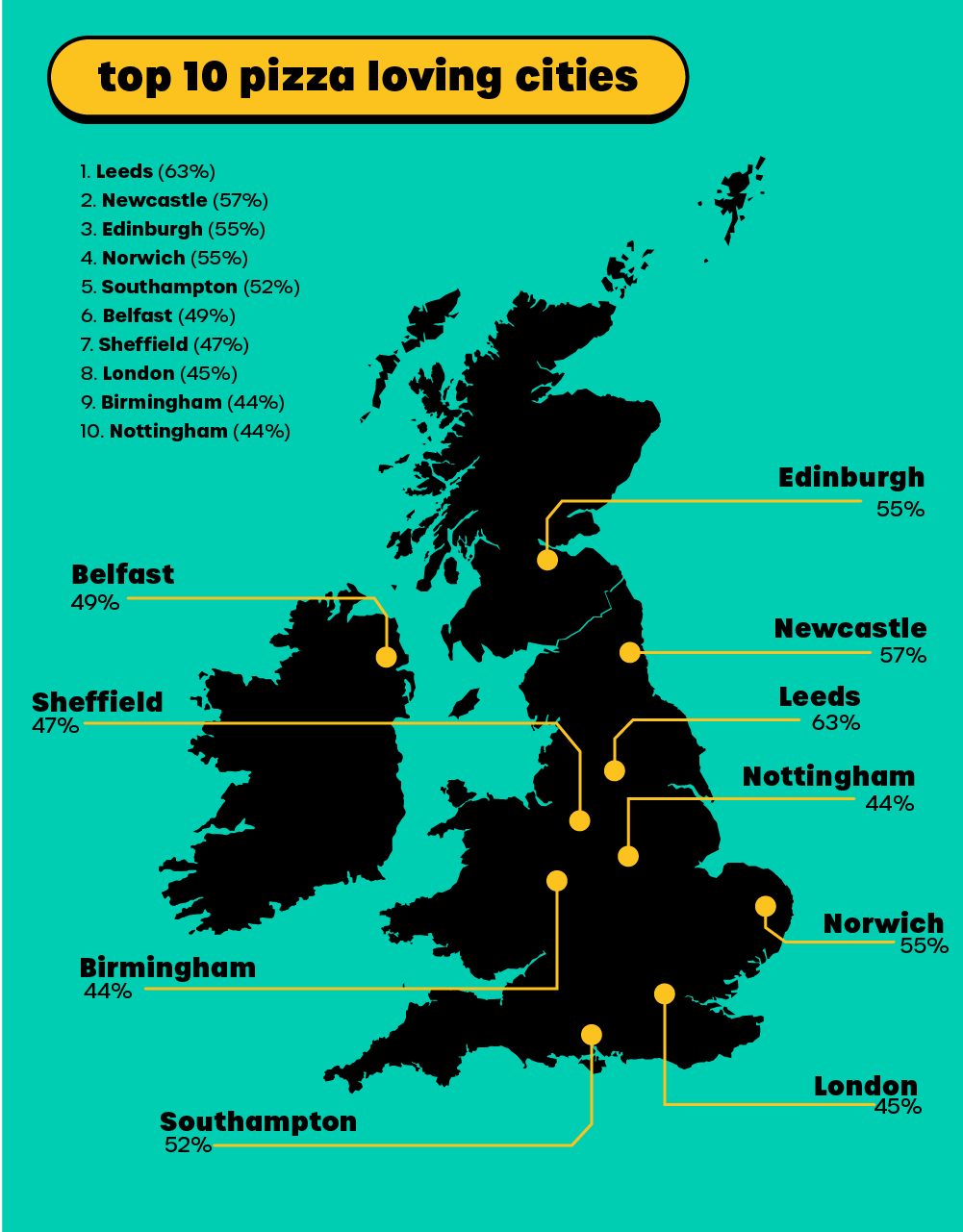Artificial intelligence (AI) is rapidly changing the world, and one of the areas where it is having a major impact is on privacy. AI-powered technologies are collecting and processing more data about us than ever before, and this data is being used to track our movements, predict our behaviour, and target us with advertising. This raises several serious privacy concerns, and it is important to understand how AI is impacting our privacy and what we can do to protect ourselves.
One of the biggest privacy concerns raised by AI is the amount of data that is being collected about us. AI-powered technologies are collecting data from a variety of sources, including our online activity, our location data, and our social media posts. This data is then stored and analysed by AI algorithms, which can be used to track our movements, predict our behaviour, and target us with advertising.
Another privacy concern raised by AI is the potential for discrimination. AI algorithms can be biased, and this bias can be used to discriminate against certain groups of people. For example, AI-powered facial recognition software is more likely to misidentify people of colour than white people. This could lead to people of colour being unfairly targeted by law enforcement or denied access to services.
Finally, AI also raises the potential for surveillance. AI-powered technologies can be used to track our movements and monitor our behaviour. This could lead to a loss of privacy and a feeling of being constantly watched.
The Rise of AI and the Threat to Privacy
Artificial Intelligence (AI) is an umbrella term that comprises a wide range of technologies, including natural language processing, machine learning, and computer vision. Over the years, these technologies have become increasingly advanced, and they are being used to gather and process data at an unprecedented scale. The use of AI has brought about significant benefits, such as improving efficiency and personalizing experiences. However, it has also raised concerns about privacy and security.
Facial recognition software, powered by AI, is one example of a technology that has gained popularity in recent times. It can be used to identify people in public places, such as airports and shopping centres. The technology works by analysing unique facial features and comparing them with an existing database. Although it has been implemented to enhance security, it has also raised concerns about privacy and civil liberties.
Another example of AI technology that has become increasingly common is voice assistants. These virtual assistants are powered by AI and can record and store our conversations. While voice assistants like Siri and Alexa are convenient for performing tasks like setting alarms, they have also raised privacy concerns. There have been instances where recordings of private conversations have been leaked or misused. As such, it is essential to be aware of how AI is being used and what information is being collected about us.
The Privacy Concerns Raised by AI
As AI-powered technologies become more prevalent in our daily lives, they are collecting an increasingly vast amount of personal data. This raises serious privacy concerns for individuals and organizations alike. The data collected by these technologies include our location, online activity, and personal conversations. While this data is processed by AI algorithms to identify patterns and trends, it can also be used to track our movements, predict our behaviour, and target us with advertising.
One of the major concerns surrounding AI-powered technologies is the sharing of personal data with third parties, such as businesses and governments. The data collected can be used for purposes that individuals are not aware of or that they do not consent to. This raises ethical questions about data privacy and the potential for abuse of personal information. It is essential that companies using AI-powered technologies are transparent about their data collection and sharing practices, and that individuals are given control over their data.
Another significant issue with AI-powered technologies is data security. These technologies are vulnerable to data breaches, which can result in personal data being stolen or exposed to unauthorized individuals. This poses a threat to both individuals and organizations, as cybercriminals can use the stolen data for fraudulent purposes. As such, companies using AI-powered technologies must take adequate measures to protect personal data and prevent data breaches. This includes using encryption and other security measures to safeguard data.
What We Can Do to Protect Our Privacy in the Age of AI
In the age of AI, protecting our privacy has become more important than ever. Fortunately, there are several things we can do to safeguard our personal information. One of the most important steps is to be aware of the data we are sharing when we use AI-powered technologies. We should take the time to read the privacy policies of any apps or platforms we use to understand how our data is being used. By being informed, we can make better decisions about what we share online.
Another way to protect our privacy is to opt out of data collection whenever possible. Many AI-powered technologies offer this option, and it’s essential to take advantage of it if we’re uncomfortable with our data being collected. We can also use privacy-enhancing technologies such as privacy-focused browsers, VPNs, and encrypted messaging apps to further safeguard our data. These technologies can help prevent our information from being accessed by third parties and are a valuable tool in the fight to protect our privacy.
We can also support privacy-friendly businesses when we shop or use services. This includes businesses that respect our privacy by not tracking our online activity or selling our data. By supporting these businesses, we can help create a culture that values privacy and encourages other companies to do the same. Finally, we can get involved in the fight for privacy by joining organizations that are working to protect our rights. By working together, we can ensure that our privacy is respected and that our personal information is kept safe from prying eyes.
Conclusion
AI is a powerful technology that has the potential to improve our lives in many ways. It can be used to diagnose diseases, develop new drugs, and create safer and more efficient transportation systems. It can also be used to personalize our experiences and make our lives more convenient.
However, it is important to be aware of the privacy risks posed by AI. AI-powered technologies collect a vast amount of data about us, and this data can be used to track our movements, predict our behaviour, and target us with advertising. It can also be used to discriminate against certain groups of people or to invade our privacy.
By taking steps to protect our privacy, we can ensure that AI is used for good and not for harm. Here are a few tips for protecting your privacy in the age of AI:
- Be aware of the data you are sharing. When you use AI-powered technology, be sure to read the privacy policy and understand how your data is being collected and used.
- Opt out of data collection. Many AI-powered technologies allow you to opt out of data collection. Make sure to do this if you are not comfortable with your data being collected.
- Use privacy-enhancing technologies. There are several privacy-enhancing technologies available that can help you protect your privacy online. These include privacy-focused browsers, VPNs, and encrypted messaging apps.
- Support privacy-friendly businesses. When you shop or use services, support businesses that respect your privacy. This includes businesses that do not track your online activity or sell your data.
- Get involved in the fight for privacy. There are several organizations working to protect our privacy. Get involved in these organizations and help to fight for our right to privacy.
We must all work together to protect our privacy in the age of AI. By taking these steps, we can ensure that AI is used for good and not for harm.





















